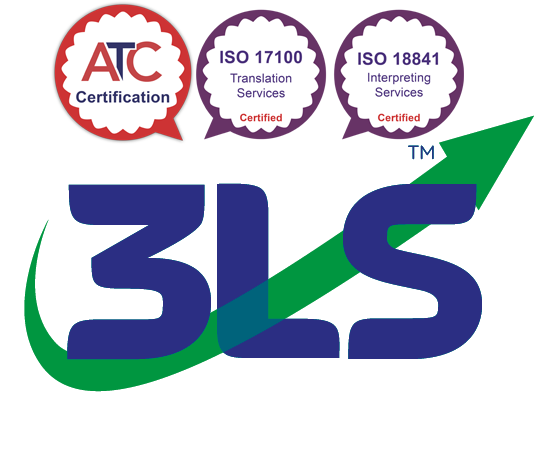It’s official – we really do know what we’re doing.
While re-accreditation to to ISO 17100 and ISO 18841 was expected, we’re obviously pleased – but as a language services buyer, what does that accreditation mean for you?
Does ISO accreditation matter?
When you buy a new kettle you expect it to be safe, and work well. But there are thousands of cheap kettles for sale from all over the world – how do you know that this one is safe, and works as it should?
The answer is – accreditation. That’s your guarantee the appliance will work as it should, and do so safely. You can see on this page from the UK’s BSI the testing a household appliance undergoes to achieve accreditation, so you can be confident that the one you buy is safe, and works properly.
“Good to know – but what’s that got to do with translation or interpreting?”
The short answer is: everything. Because just like anything else you buy, you want to know that translation or interpreting can be trusted and is to the standard you expect.
That’s why the ISO – the International Organization for Standardization – developed ISO 17100 for Translation Services, and ISO 18841 for Interpreting Services.
“Hang on – I know good translators and interpreters who don’t have these?”
Most freelancers won’t be accredited and if you just need unreviewed translation, that’s fine – many businesses have been working with the same freelancer for years, who knows their product and can handle their material. However, if you need quality-assured product – whether translation or interpreting – or you need something more than that one partner’s language, then you need a trusted accredited language service.
These services will usually offer a range of languages and specialist expertise, will ensure that only properly-skilled and qualified linguists are used on a project, and will also revise and review translation to ensure accuracy. More sophisticated companies may also be able to provide additional language services such as typesetting, transcription and more.
“So do I need to look for these ISOs when buying language services?”
The choice is of course yours; you may work in only one other language and have a long-term relationship with a good freelancer that you trust and who knows your business well, when there’s probably no reason to change.
But if you’re new to buying language services, or you need new languages, or if you need more specialist services such as subtitling, then you should definitely look for ISO accreditation.
Lifeline has been a trusted language services provider since 1990, and our re-accreditation to both ISOs is your guarantee that our services meet the highest standards – whether you need translation, interpreting, or something else.

